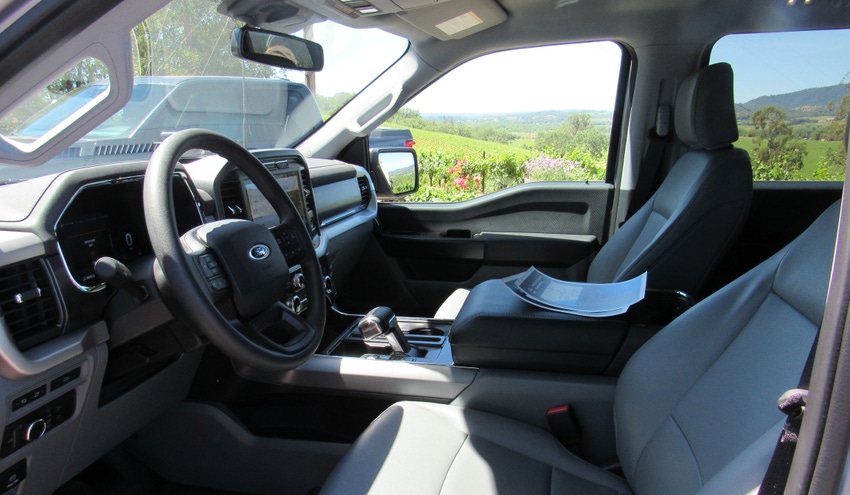
One of the most iconic and memorable advertising campaigns of the 1970s and ‘80s was a series of TV spots for EF Hutton, a large brokerage firm. The commercials are invariably set in a public place, such as a restaurant or park, and start with two businesspeople discussing their investments. Then one of them drops the money line: “My broker is EF Hutton, and EF Hutton says … “
Suddenly you could hear a pin drop as everyone around them strains to listen. The spots were so popular and ubiquitous that they were spoofed by Johnny Carson, who sat up as a “corpse” during a funeral.
The original EF Hutton went through several financial scandals, market crashes and acquisitions, falling from its one-time perch as the nation’s second largest brokerage firm. The brand was revived last year – complete with a “When EF Hutton talks” pitch line -- and has so far been successful, boasting $10 billion in gross receipts raised.
Related: Will electric trucks work on the farm?
While the EF Hutton brand has disappeared and reappeared several times over the decades, its classic commercials highlight a truism that is constant: Money talks, baloney walks. A company can hype its product all it wants, but will investors and consumers put their money where the company’s mouth is?
Take, for instance, electric vehicles. With governments around the world spending $14 billion on direct purchase incentives and tax deductions for EVs in 2020, global EV sales doubled in 2021, notes the Motley Fool. But the sugar high for investors has worn off; EV automaker Rivian Automotive has seen its stock plunge 87% from highs, and Tesla’s stock is down 40% as CEO Elon Musk is predicting an economic downturn.
While supply-chain and other production issues are befuddling the entire auto industry, it’s understandable if investors and consumers are taking a slower approach to EVs. They have their advantages amid rising fuel prices, but obstacles remain for consumers, including questions about their range and the ability to charge them conveniently, particularly in rural areas. Rolling blackouts this summer may be another disincentive.
Related: Wilbur-Ellis launches green push with EV project
University of California Cooperative Extension advisor Sarah Light is a big believer in EVs’ environmental benefits, but she is yet to use one in her work because “sometimes I have to drive really far in a day and I can’t risk getting stuck,” she told me.
One group that doesn’t seem to be listening to the markets is politicians who still insist that all vehicles be electric by 2035. Automakers may achieve this goal, but I don’t see that level of urgency yet in the private sector. Wilbur-Ellis just bought 10 EVs for its 2,800-truck fleet. In any case, such edicts may only last until the next administration.
So what does the current EF Hutton say about EVs? The company likes them. But as always, you should talk to your financial advisor about what’s right for your operation.
About the Author(s)
You May Also Like






